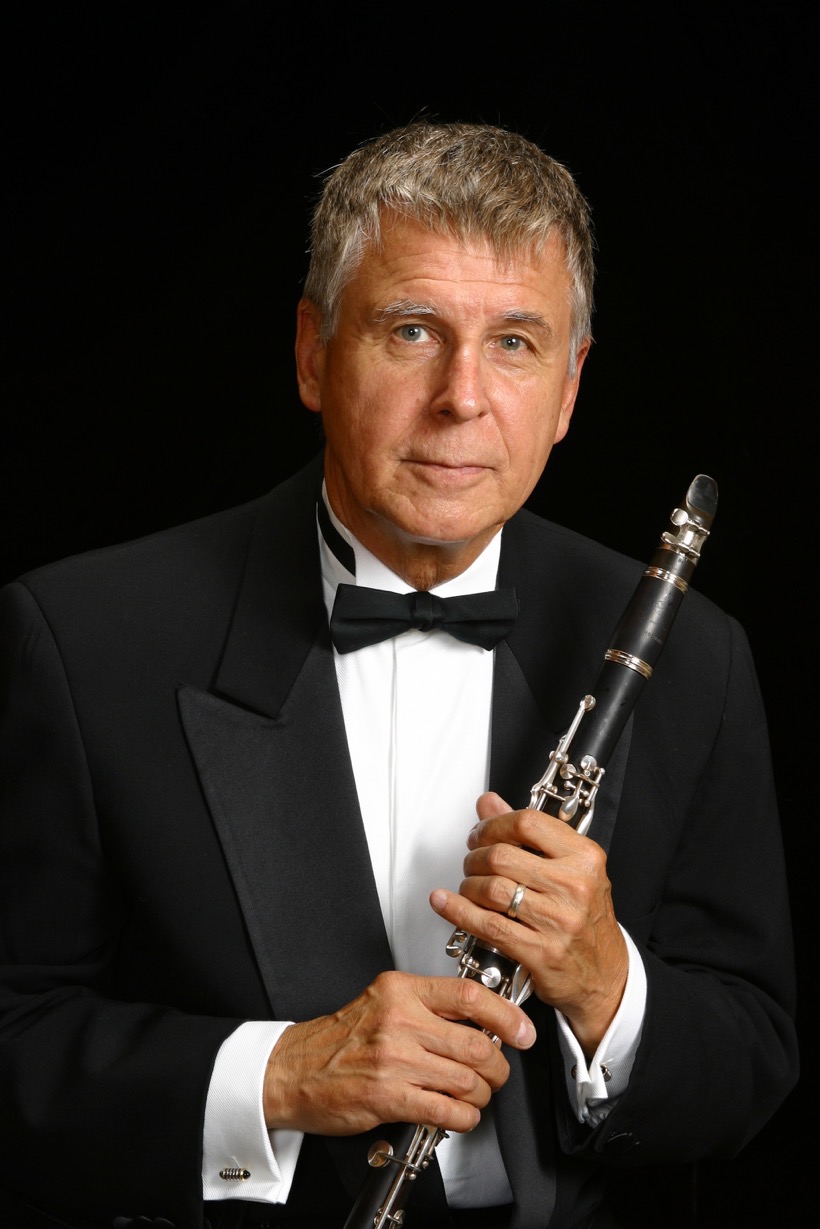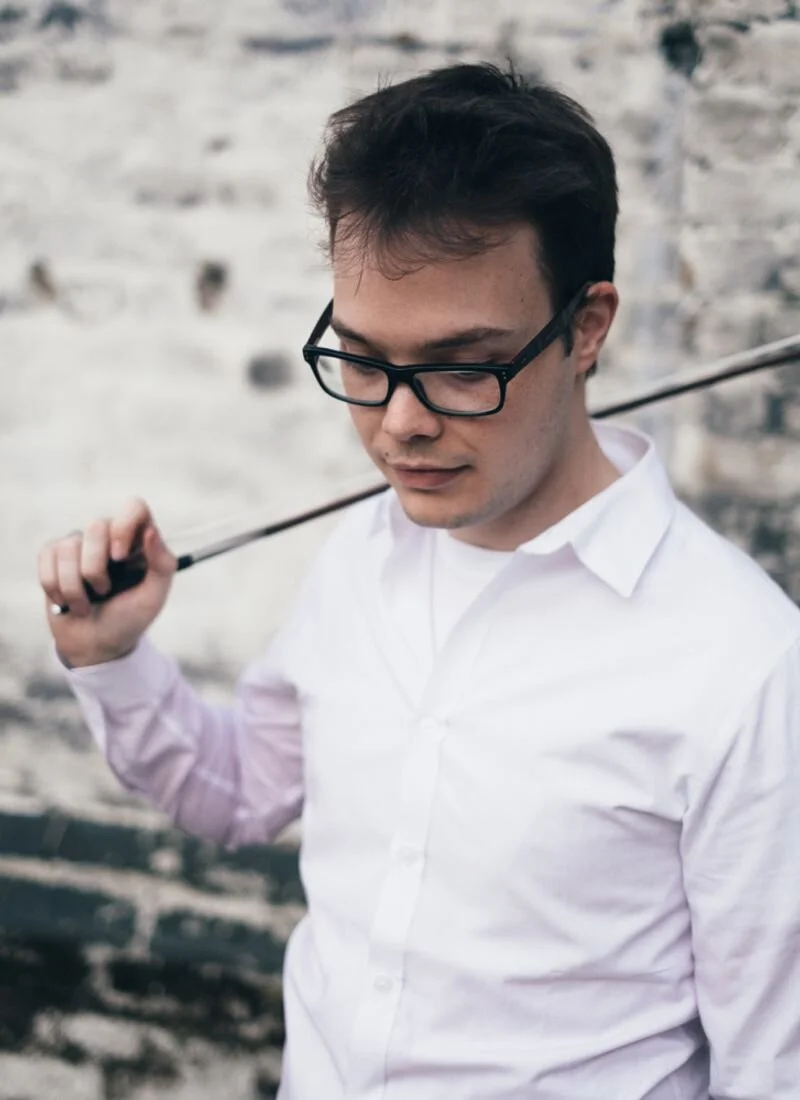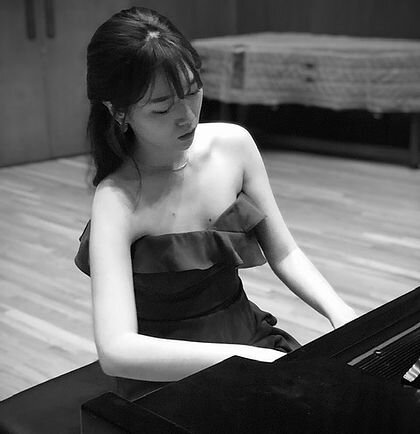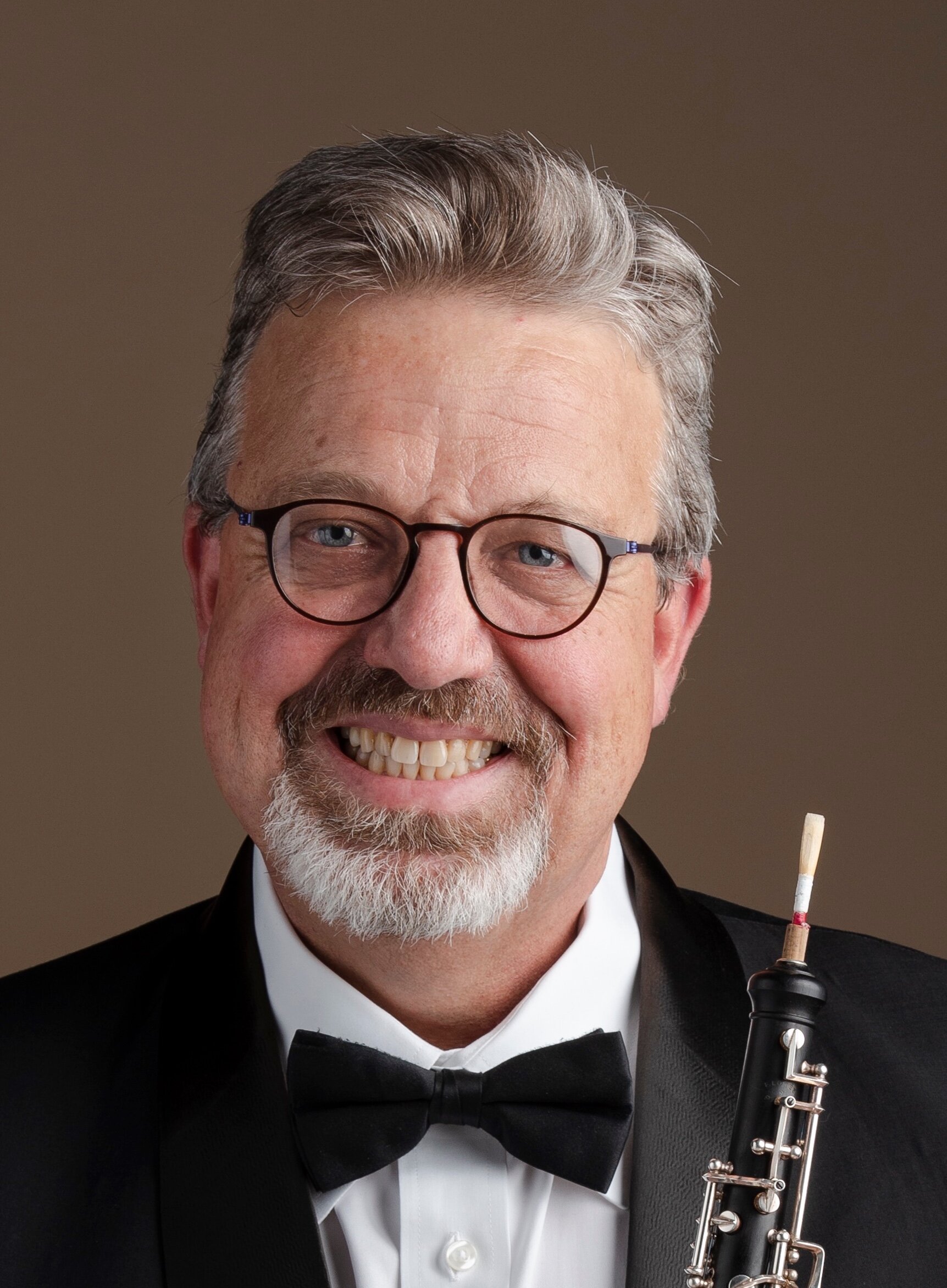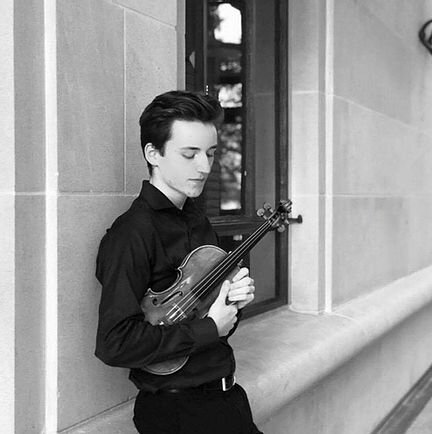March Concert
MUSIC FROM THE TIME OF THE 1918 PANDEMIC
Concert 2
Our spring series highlights music written during the 1918 Pandemic - the Spanish Flu. These concerts are filled with beautiful chamber music. Join us to learn more about these composers and how they were impacted during the 1918 Pandemic.
Concerts will be available to view till May 30th. Tickets to the Pandemic Series are “Pay what you like” donation basis. Your support helps artists and teachers during this time. Thank you in advance!
Live Stream Date: Sunday March 28, 2021 5pm
Program:
March from “Love of the Three Oranges” - Prokofieff
L’histoire du Soldat - Stravinsky
Three Preludes for Piano - Griffes
Nocturne and Tarantella, Op.28 - Szymanowski
Sonata for Flute, Clarinet, Oboe & Piano, Op.47 - Milhaud
Dear Music Lovers,
Our March 28th concert will continue our series presenting music composed during the years immediately before, during, or after the 1918 pandemic known as the Spanish Flu. It will include compositions of Prokofieff, Stravinsky, Griffes, Szymanowski, and Milhaud.
Serge Prokofiev began sketching bits of his opera The Love for Three Oranges in Russia in 1917, and carried the source text with him on his journey to America the next year. He ultimately ended up staying in the United States for nearly two years. It was during these American years that Prokofiev composed The Love for Three Oranges. I’ll open our program with a little march from the opera.
Igor Stravinsky came down with the Spanish flu in early 1919. When World War I broke out and Stravinsky found himself stranded in Switzerland, the composer realized he would have to work to make ends meet. He conceived L’histoire du soldat during this time as a small-scale, mobile theatrical production with the potential to tour around the country. It premiered in 1918. We’ll be presenting the trio version of the piece, for violin, clarinet, and piano.
Charles Griffes died from the flu in 1920 at age 35. Three Preludes for Piano was his last complete work. They are charming short pieces in which Griffes is a master of communicating his unique musical voice, sometimes in a sparse texture where every note counts. He died before indicating in the score what sort of mood he wanted the pianist to capture. So it has been my delightful challenge to figure that out!
In a resort on the Black Sea in the fall of 1918, the great Polish composer Karol Szymanowski came down with the flu. His fever dreams led to his opera King Roger. “The Sicilian drama sprang into my mind one sleepless, Spanish night,” he said, “Spanish night” referring to the influenza.
Szymanowski composed Nocturne and Tarantella for violin and piano in 1915. Influenced by Eastern and Western cultures, there is unique diversity in his music, full of sensual lyricism and unbridled excitement. You will love getting to know this terrific piece.
Darius Milhaud’s Sonata for Flute, Clarinet, Oboe and Piano, Op. 47 , was composed in Brazil in 1918. Although Milhaud did not fall ill with the flu, he witness much suffering during his time there. He wrote in his memoir, “The supply of coffins gave out, and you constantly saw cartloads of corpses that were thrown into the common graves in the cemeteries.” The final movement of his Opus 47 Sonata, “Douloureux” is a somber funeral march of sorts. It brings us into contemplation of what the world is experiencing today.
And through this shared experience, music helps to heal us all.
Please join us!
Kathryn Mishell
Artistic Director
Featuring:
Fritz Kraber, flute
Stephen Girko, clarinet
Rick Rowley, piano
Sean Riley, violin
Nick Hammel, violin
Sohee Kwon, piano
Ian Davidson, oboe
Kathryn Mishell, piano

